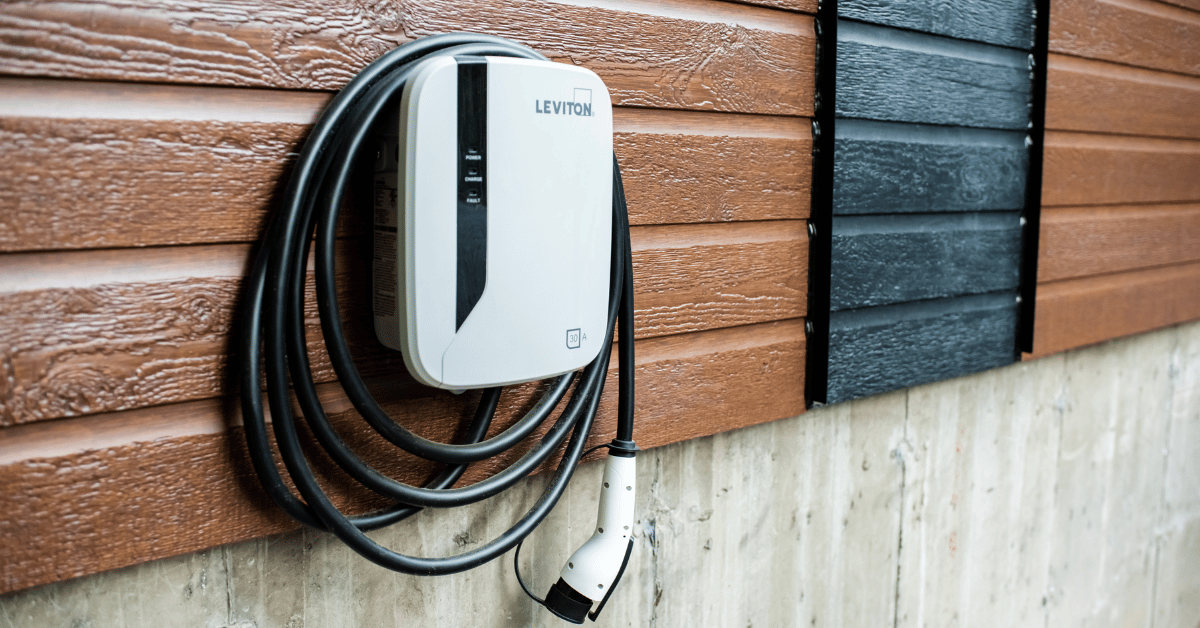The electric vehicle scene is buzzing, and the BMW i3 isn’t my first choice but might make sense for some drivers. As more and more people invest in these futuristic rides, there’s an increasing interest in how solar energy fits into the EV narrative. Let’s break down how you can harness the sun to charge your BMW i3.
Spotlight on the BMW i3
The BMW i3 stands tall with a 42.2 kWh 352 V lithium-ion battery under its hood. When you couple that with a 153-mile range on a full charge, it’s clear why this model’s a fan favorite in urban environments. If you’ve got a 220V outlet handy, a full battery charge will take you about 7 hours.
Dipping Our Toes into Solar Charging Basics
Pairing up solar power with electric vehicles? This might sound a bit intimidating but with a little math, we can get your driving needs matched to your solar generation. The main idea: Convert sunlight into electricity, which then juices up your car’s battery. Sustainable? Absolutely. Cool? You bet!

The Solar Math for the BMW i3
Let’s delve into the numbers. If you’re covering a distance of 153 miles on a full charge, it means the BMW i3 consumes approximately 0.276 kWh for every mile (42.2 kWh ÷ 153 miles).
Based on this, if you have 385-watt solar panels and you’re planning on capturing enough solar power, here’s how it breaks down based on your daily driving distance:
| Daily Mileage (miles) | Energy Consumption (kWh) | Number of 385W Panels Needed |
| 20 | 5.5 kWh | 3 panels |
| 30 | 8.3 kWh | 5 panels |
| 40 | 11 kWh | 6 panels |
| 50 | 13.8 kWh | 8 panels |
| 60 | 16.5 kWh | 9 panels |
| 70 | 19.3 kWh | 10 panels |
To simplify it: if you drive 20 miles a day, you’ll use around 5.5 kWh. With a 385-watt solar panel getting around 4 hours of peak sunlight daily, it produces about 1.54 kWh. So, for 5.5 kWh, you’d need roughly 3 panels.
Do you have varying mileage or a different solar setup? Check out our Google Spreadsheet to input your specifics and get a tailored answer.

Final Thoughts The BMW i3 and solar energy go together like peanut butter and jelly—a match made in eco-friendly heaven. If you’re looking to marry sustainability with cutting-edge tech, solar charging your EV might just be your next move. Got thoughts or questions on this? Dive into the comments below. We’re all ears!
For more cars, check out our other blog posts for EV charging: the Nissan Leaf, Chevy Bolt, and Volkswagen ID4.

